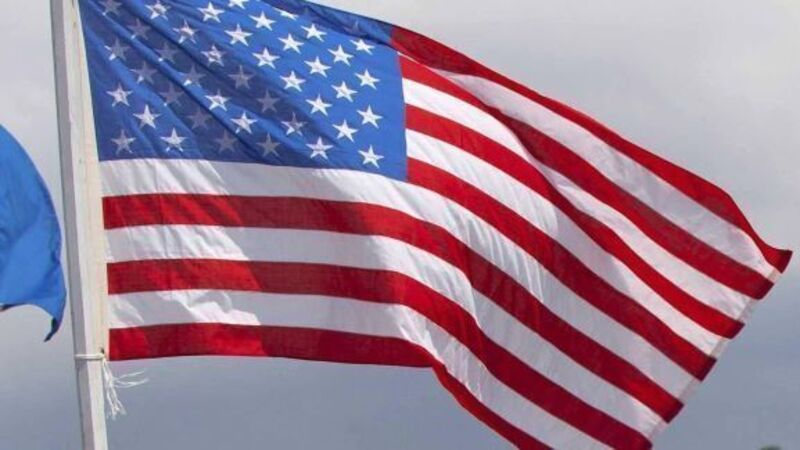David O’ Sullivan versus Goliath: An American dream

HE likes Joni Mitchell and smiled wide with pride when his daughter sang for the Belgian TV edition of The Voice. So he is not the prototypical Brussels bureaucrat, or an EU ambassador.
But David O’Sullivan has no problem confounding preconceived ideas about what EU-nerds are like — or Irish citizens either — with his command of French, German, Spanish, and Japanese.
















